 by William Lane Craig –
by William Lane Craig –
Most atheists, in my experience, have no good reasons for their disbelief. Rather they’ve learned to simply repeat the slogan, “There’s no good evidence for God’s existence!”
In the case of a Christian who has no good reasons for what he believes, this slogan serves as an effective conversation-stopper. But if we have good reasons for our beliefs, then this slogan serves rather as a conversation-starter.
The atheist who merely repeats this slogan after having been presented with arguments for God’s existence makes an empty assertion.
So what reasons might be given in defense of Christian theism? In my publications and oral debates with some of the world’s most notable atheists, I’ve defended the following five reasons why God exists: [Read more…]

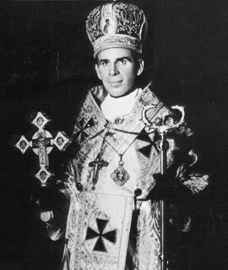 by Archbishop Fulton J. Sheen (published in 1931) –
by Archbishop Fulton J. Sheen (published in 1931) – by St. Nektarios of Aegina –
by St. Nektarios of Aegina – by Fr. Grigori Dyachenko (written in 1900) –
by Fr. Grigori Dyachenko (written in 1900) –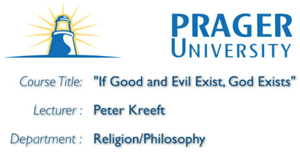 by Peter Kreeft-
by Peter Kreeft-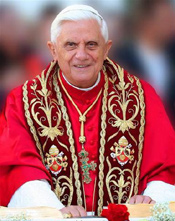 by Pope Benedict XVI –
by Pope Benedict XVI –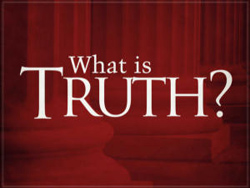 by Andrew M. Greenwell, Esq. –
by Andrew M. Greenwell, Esq. –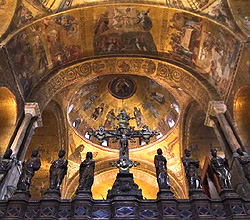 by James V. Schall, S.J. –
by James V. Schall, S.J. –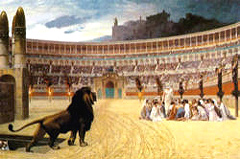 by Deacon Keith Fournier –
by Deacon Keith Fournier – by Vasko Kohlmayer –
by Vasko Kohlmayer –